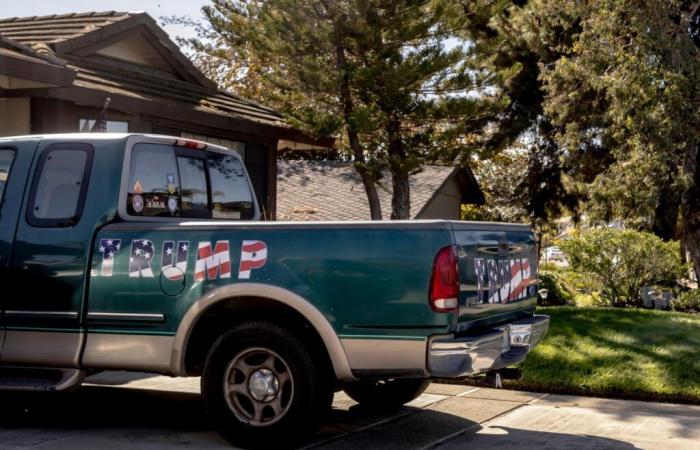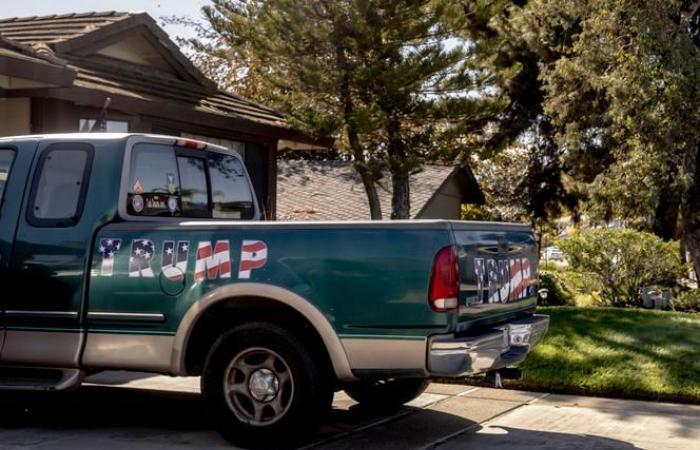Donald Trump did not make it a central theme of his electoral campaign, but he took care to repeatedly place the electric car under the fire of criticism to fuel some skirmishes with his competitor, wrongly accused, to want to ban thermal models. The American president-elect intends to take up the subject as part of the strongly protectionist policy that he plans to pursue. Especially since it is a sensitive issue for his electorate. According to a Gallup poll published in April 2023, 71% of Republicans refuse to consider purchasing a battery-powered vehicle, compared to only 17% of Democrats.
Also read the column | Article reserved for our subscribers “China is proving that it is possible, on a large scale, to quickly transition to electric cars”
Read later
For Mr. Trump, the electric car is a kind of heresy. He disputes its environmental merits and accuses it of paving the way for Chinese hegemony, of ruining American manufacturers and of massively putting blue-collar workers out of work. Conversely, the presidency of Joe Biden has actively promoted electric vehicles, allowing them to increase from 1% to 7% of registrations between 2019 and 2024. With, as a result, significant tax reductions – up to at 7,500 dollars (6,982 euros) for the purchase of a new car and 4,000 dollars for a second-hand car – on which Mr. Trump told Reuters in August his intention to return.
The president could also call into question the $7.5 billion public investment program undertaken to accelerate the creation of a network of 500,000 charging stations across the United States. As for the subsidies paid to equipment manufacturers to help them adapt to the new electrical situation, they are on hold. Likewise, certain Republican elected officials in Congress have announced their intention to put an end to the exemption granted to California (joined by 17 other American states) authorizing it to impose much stricter environmental standards on automobile manufacturers than federal regulations.
Elon Musk's interests
It is clear that the president will not take on the objective stated by his predecessor of selling 50% of electric cars in the United States in 2030. The presence of Elon Musk, the boss of Tesla, alongside the victorious candidate whose campaign he generously financed, however, encourages us to consider that, under the second Trump presidency, the cause of vehicles will not be entirely hopeless. “I am for electric cars, I must be because Elon has supported me very strongly”Mr. Trump bluntly admitted.
You have 46.48% of this article left to read. The rest is reserved for subscribers.







